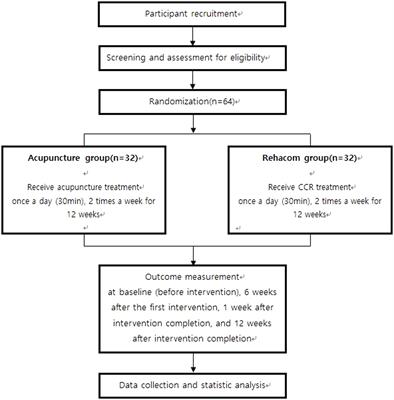EDITORIAL
Published on 16 Dec 2024
Editorial: Application of noninvasive neuromodulation in cognitive rehabilitation, volume II
doi 10.3389/fneur.2024.1520727
- 312 views
4,070
Total downloads
14k
Total views and downloads
You will be redirected to our submission process.
EDITORIAL
Published on 16 Dec 2024
CLINICAL TRIAL
Published on 30 Oct 2024
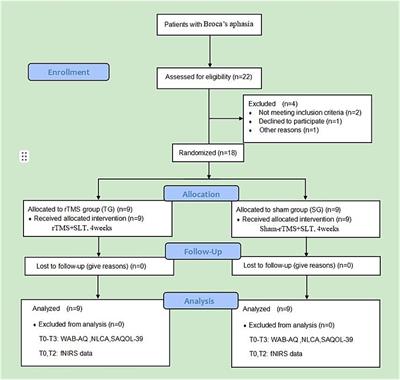
REVIEW
Published on 09 Oct 2024
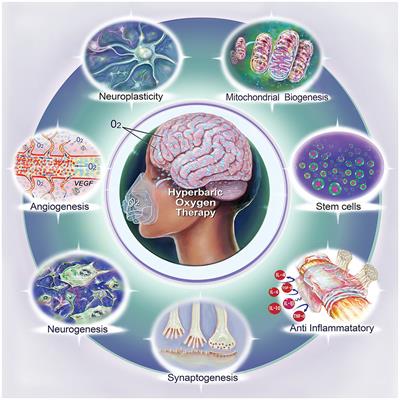
ORIGINAL RESEARCH
Published on 30 Jul 2024
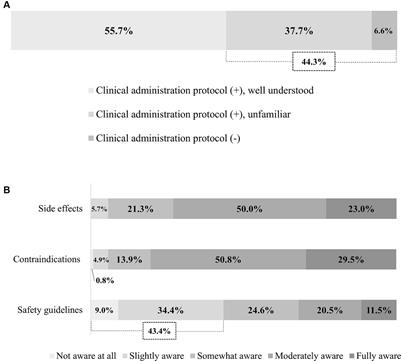
ORIGINAL RESEARCH
Published on 12 Jul 2024
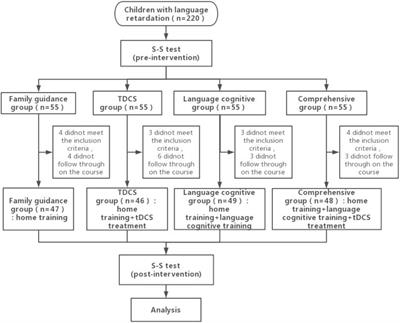
OPINION
Published on 27 Jun 2024
SYSTEMATIC REVIEW
Published on 19 Jun 2024
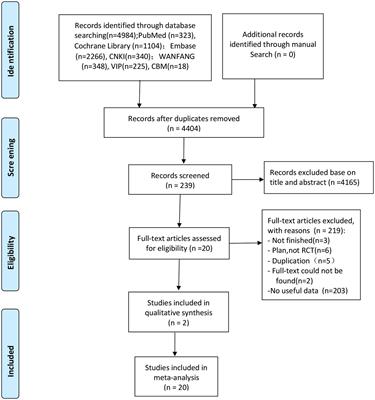
SYSTEMATIC REVIEW
Published on 22 Apr 2024
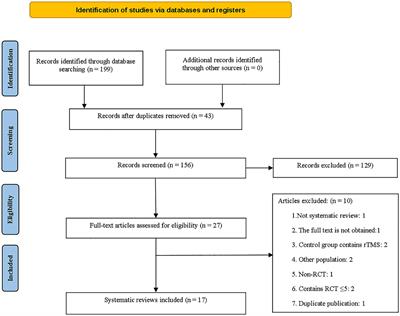
STUDY PROTOCOL
Published on 15 Mar 2024
